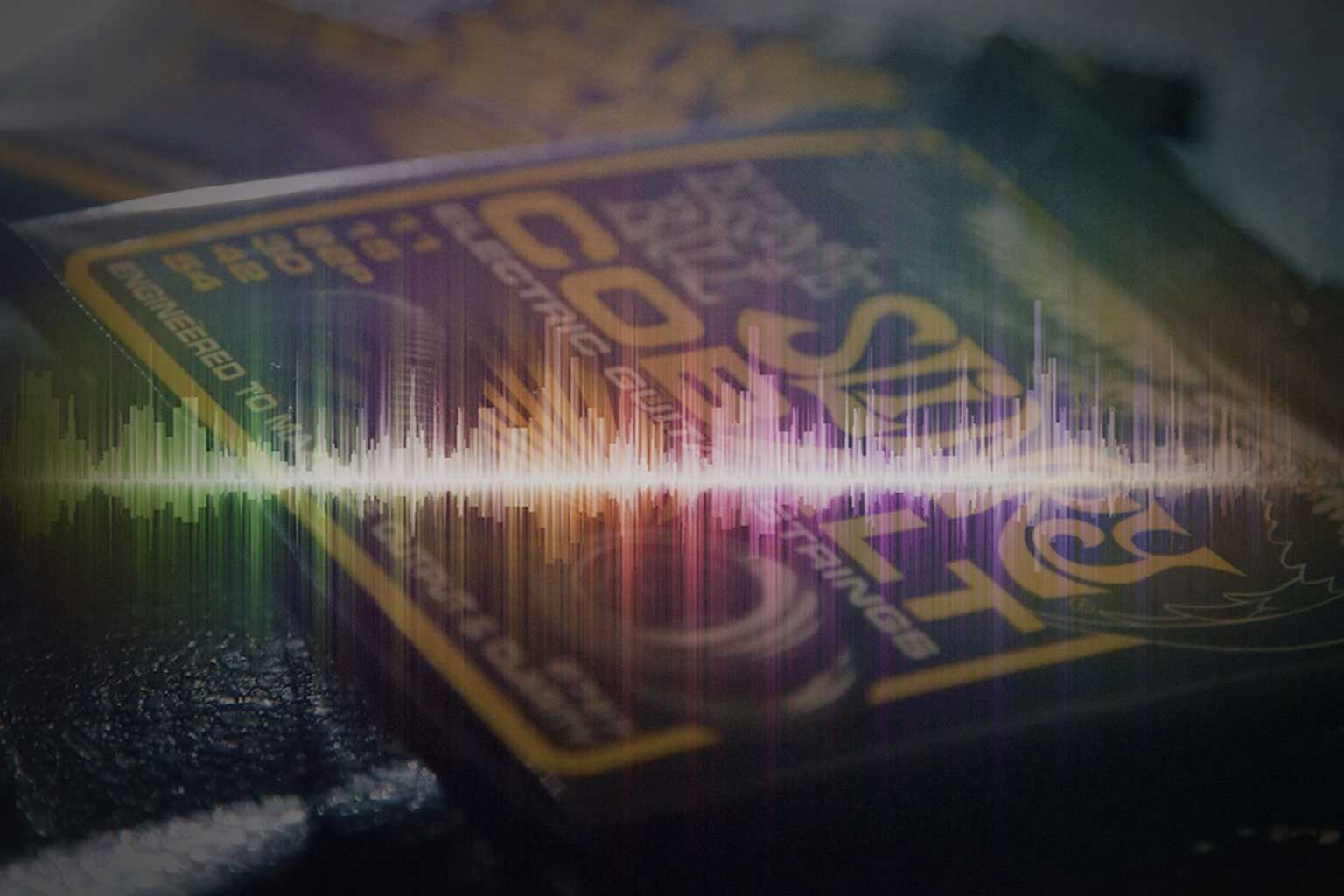Transcript
Rex Brown:
I was the last of 26 grandchildren. Basically my sister left me the Stones and the Beatles and the Strawberry Alarm Clocks, The Turtles, and that's probably memories of living on a peanut farm until I was 11 years old in the nowhere Texas. I heard ZZ Top for the first time with Tush and I was probably nine, or no maybe eight or nine years old and that just did it for me. That's where that boogie started.
Rex Brown:
Bass playing to me is instilled. Leave this to the great bass players, they don't step on the vocal. At the same time you can incorporate the riff into what you're doing, keeping the low end really, really tight. You just have to lock in, because that way it gives everybody time to shine. The guitar player and the singer and then that makes the song. John Paul Jones to me was the epitome of that kind of style of bass playing. You know, when I first moved into the big city, after when I was 11 years old. I remember listening to Masters of Reality and it was in my back pocket man, the eight track. And if you listen to Geezer, he's keeping it down, but the wrist that he came up with was just insane. Growing up and listening to that kind of stuff and then taking that and making it into something different. It was a process.
Rex Brown:
Music to me is about comradery with someone that you make something really special with. Don and I, we from a young age, we kind of taught each other how to play, but of course we were playing cover songs and once we finally got our foot in the door with a major label, that's when the real work began. Without those days in the clubs and playing those six nights a week, three to four sets a night, that's really what made us tight.
Rex Brown:
I had met the Abbott brothers in Pantera. Their dad had a studio, so we were privied to sit in their front counter from the board and watching all these blues grades come in from everywhere. It was one of those where just a chemistry between us. I can remember when Don didn't hardly even know a bar chord. Then he went into his bedroom for about a year, and came out this prodigy. He was so gifted in so many different ways of how he would like pull off of a string before you picked it. You know, this kind of this weird feel and that's what made it unique. We had that, that stomp and that boogie, but we just played it extremely fast.
Rex Brown:
I've found these Ernie Ball Cobalt strings, as a bass player, they're the most consistent that I played in quite a while. It's got like this slinky vibe, but it's got the meat to it. It kinda hearkens back to exactly what I need for the sound I'm looking for. It's not too bright, not too round. I do a lot of slurs. For me that's very important because it comes back in tune. When you pull off of something, you're bending it and you pull off and hit that one note. It just sings through and you have sustained for days.
Rex Brown:
I just came to Nashville about a year ago. It just brought a new focus into my life. So I've spent the last year putting together this record. I don't care if people love it or hate it. I hope both. It just feels like home to me. I don't want to go anywhere else. I'll sit up here and write lyrics or I'll come up with a different change here or whatever, and I can just be by myself or listen to piece of vinyl and go, "wow." And I don't like to be influenced when I'm recording at all. This is the room that kinda got into it. And then you go down and you perform it. It's a totally different situation, so.
Rex Brown:
For me the energy you get from going out there and looking at a fan and getting that energy back. You're putting out a lot on stage. And then, especially over the years, I mean, I've played anywhere from eight people in a club to over a million in Moscow. We would be green coming off that bus. Me and Don arm-in-arm going, "Dude, you got another one in?" You know, after five straight. Yeah, we do. And we would. We would make that happen. And I still feel that same way today, if you don't have that drive and that, you know, it doesn't matter what you're feeling or anything else those people paid damn good money to comes see you. But I'm not going to shoot fire out of my ass or, blow lasers out of my ears or anything else. It's about music, man.



















